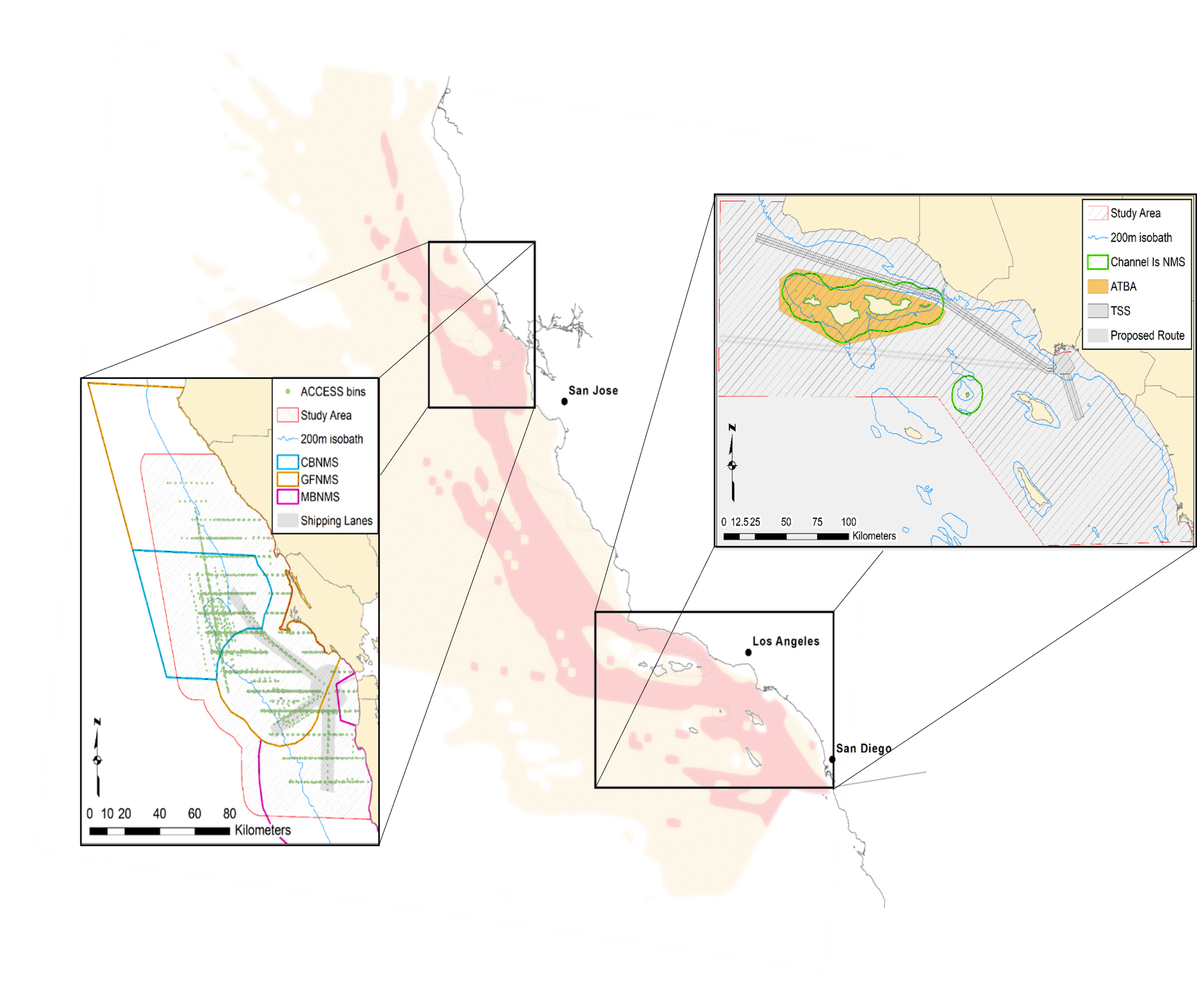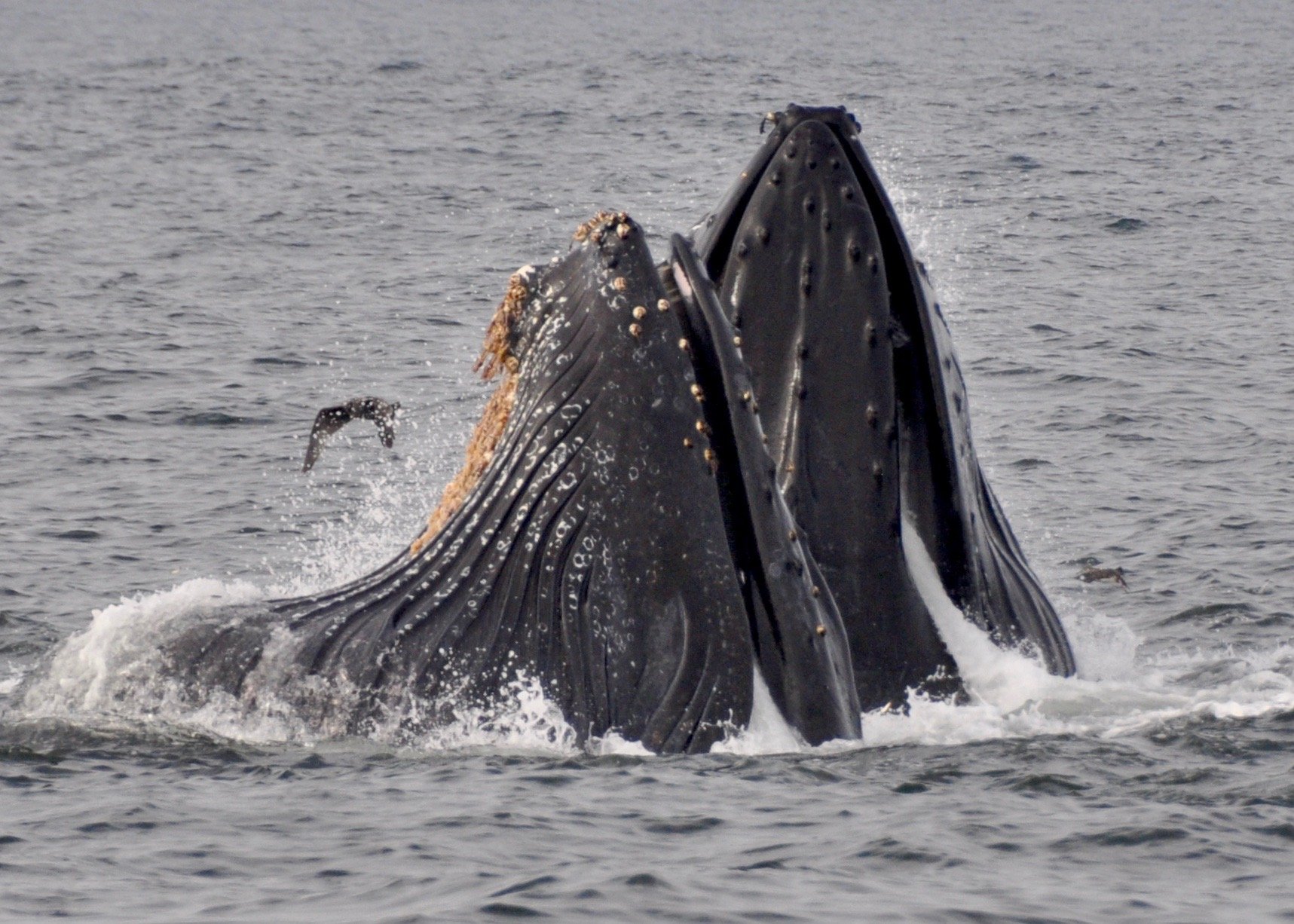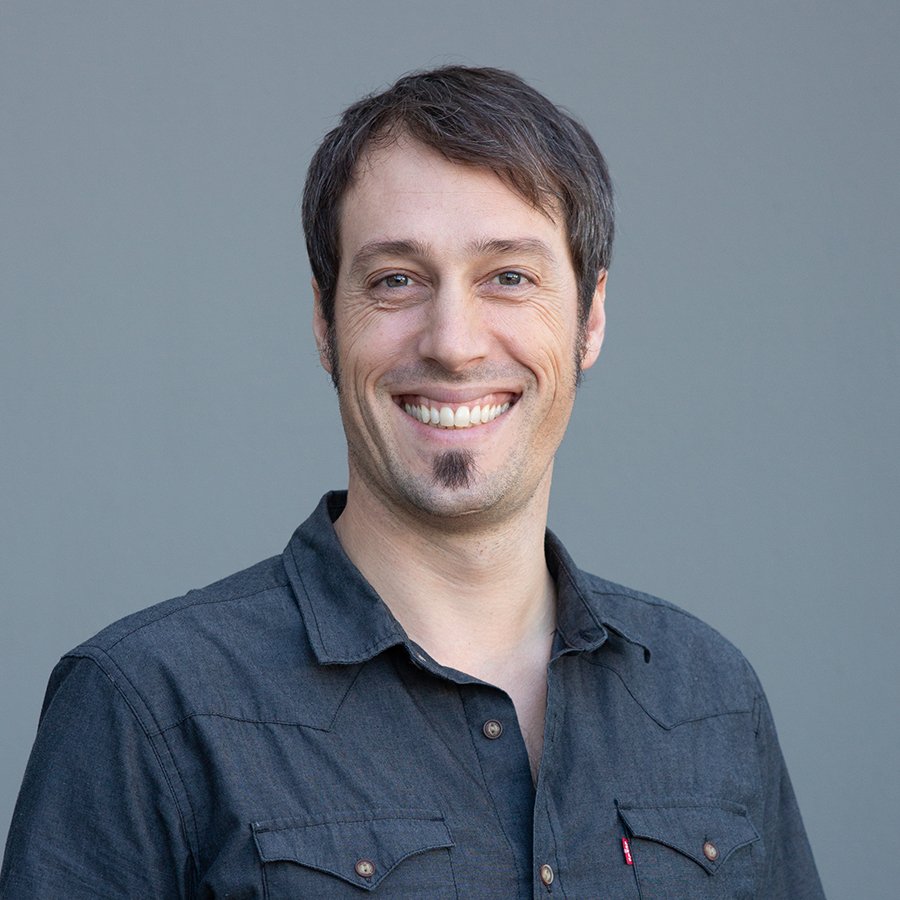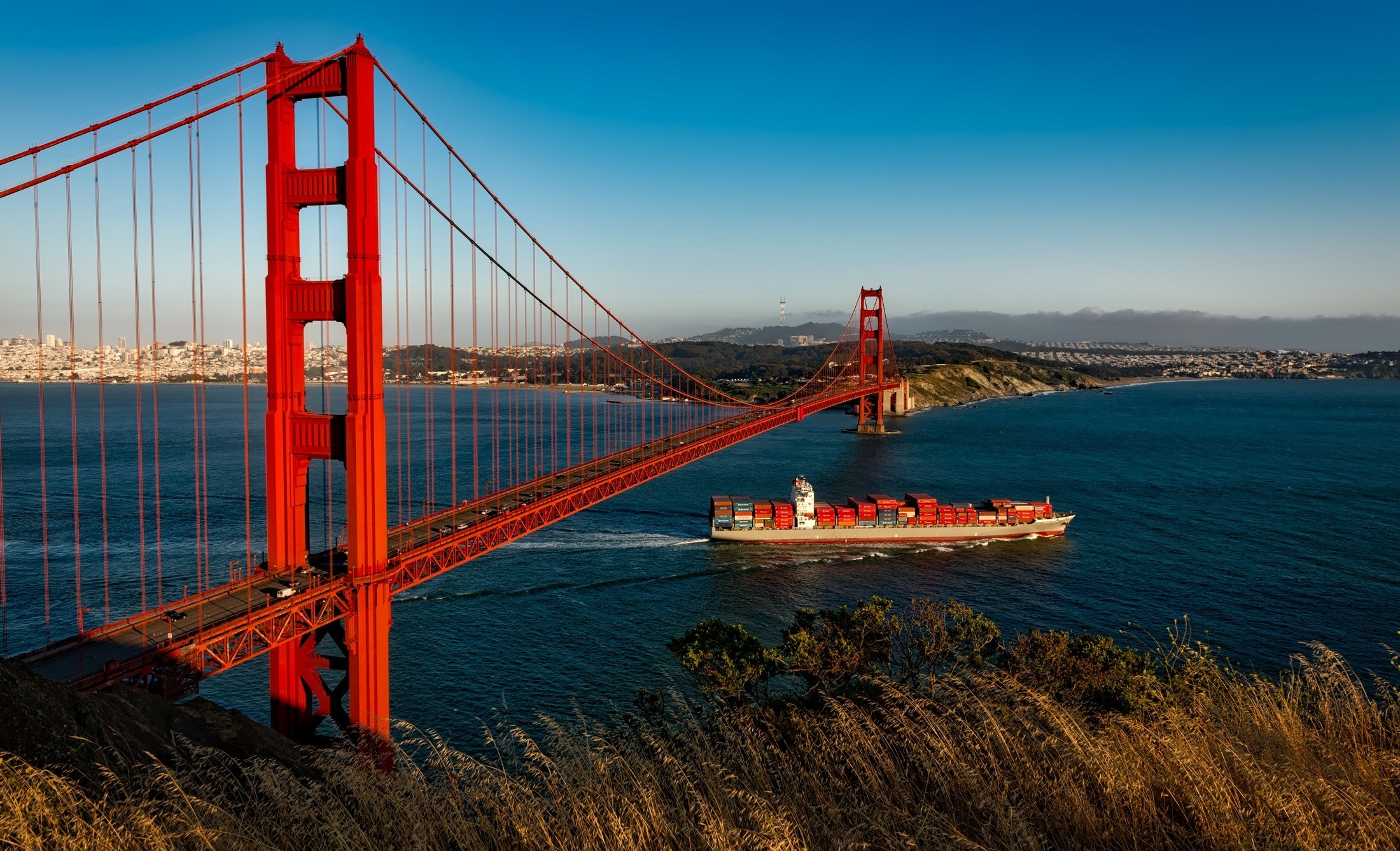Point Blue Conservation Science has been conducting research to decrease ship strikes along the US West Coast. In this highly insightful talk, Cotton Rockwood, Senior Marine Ecologist with the California Current Group at Point Blue, provides an update on their work to estimate whale mortality in the West Coast exclusive economic zone. He also describes their work focused on National Marine Sanctuaries off San Francisco and the Channel Islands to assess the effectiveness of their ship strike management measures and provides recommendations to save more whales.
This webinar is offered for free to the public. A suggested donation of $10 per participant/viewer is encouraged and appreciated. Donations help cover webinar costs and support our education and cetacean research grant programs. Click here to donate.
ABOUT COTTON ROCKWOOD
As Senior Marine Ecologist with the California Current Group, Cotton Rockwood works on problems ranging from marine spatial planning to minimize whale strikes from ships to evaluating the economic and ecosystem importance of forage fish. His overarching mission is to understand and mitigate the impacts of human activities to marine ecosystems, food webs and top predators by leveraging the excellent long-term Point Blue marine data sets and working with management partners.
Mr. Rockwood grew up in Sonoma County where he learned a deep love of nature, birds and the ocean and established a profound conservation ethic that has guided his life since. He attended the University of California, Davis for his B.S., where he embarked on two study abroad programs: one in tropical ecology in Costa Rica and the other in marine biology at Bamfield Marine Station on the west coast of Canada’s spectacular Vancouver Island. The latter program armed him with the knowledge and passion to dive into marine conservation science.
He continued on to Scripps Institution of Oceanography where he studied within the Center for Marine Biology and Conservation. This training molded him into an interdisciplinary scientist with expertise in marine ecology, conservation and cumulative impact assessment. He received his M.Sc. from Scripps in 2010 and he is in the last stages of his Ph.D. work. By quantifying human impacts to marine ecosystems and particularly top predators such as seabirds, his doctoral research provides tools for trans-national management of wide-ranging oceanic organisms.
When he’s not at Point Blue’s Petaluma headquarters or joining an ACCESS cruise, you can find him exploring the world on a surfboard, in a raft, on a bike, with a backpack, or on a horse, usually with his wife and their two dogs.
